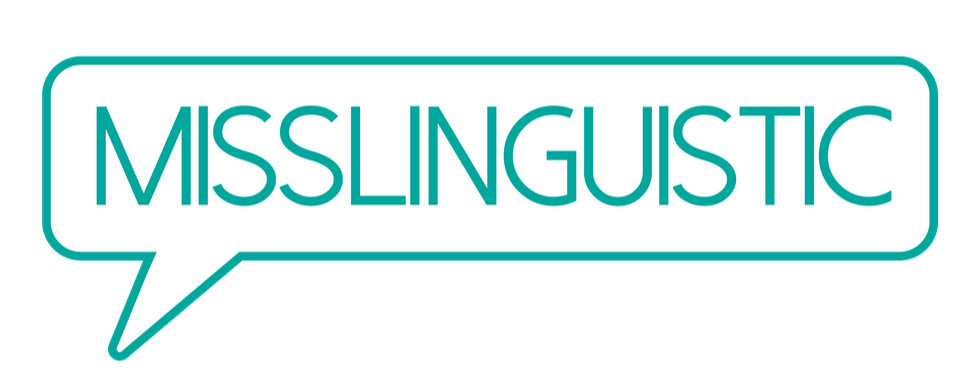Can you learn a foreign language from a non-native tutor?
Lately, I’ve been working on reviving my Indonesian language abilities, so I called up an old tutor. He’s actually American, and learned Indonesian while stationed as a missionary there.
He is obviously not a native speaker of Indonesian. So why would I pay him to teach me Indonesian when italki is full of native Indonesian tutors?
Well first of all, I also hired a native Indonesian tutor. I’ve been studying about 3 hours per week, 1.5 hours with the American, and 1.5 hours with the Indonesian.
But back to the merits of my non-native tutor: I hired him because in the past, he was the tutor that was able to immediately hone in on 1) bad habits he had already worked through himself 2) hacks for tricky grammar concepts that natives didn’t know how to explain and 3) strategies for sounding more natural even when you don’t yet have a large vocabulary.
There are many other considerations when choosing a native vs a non-native tutor: let’s check them out.
Pros of working with a non-native tutor
1) Studies show that it is easier for non-native speakers to comprehend other non-native speakers, even if they don’t share the same native language.
I know, crazy, right?
That means that a non-native tutor can actually be more effective in helping you bootstrap your way up to foreign language comprehension.
When I first started learning Korean in Seoul, I would sometimes struggle to understand the native Korean teacher.
But when my Japanese classmates repeated a sentence she had just said in their Japanese-accented Korean, it suddenly made so much sense: even though I don’t speak Japanese!
2) Non-native tutors have actually done the work to learn the language in question!
No matter what kind of MA in pedagogy your native teacher has, they’ve never had to learn your target language as an adult (but bonus points if they have learned any other foreign language).
Non-native tutors know what worked: strategies, mnemonics, and goal-setting. They will also serve as a role model!
I know that I’ve felt close to giving up on Korean many times, but when I see other foreigners who have learned it to fluency, I’m inspired to keep going.
Now how about the cons?
1. I don’t have to tell you how beneficial it is to be immersed in a language from Day 1, especially with a monolingual native tutor who can’t switch languages to help you.
You cannot learn to speak a language by talking ABOUT it.
It can be scary and uncomfortable to not have your native language to rely on as a crutch, but when you start speaking and listening from Day 1, you start working on the necessary muscles from Day 1.
The longer you put off actually using the language, the longer it will take to learn it.
The human brain is optimized for language learning. Trust the process.
2. Non-natives, no matter how fluent, may sometimes use “nonstandard” pronunciation or grammar.
You’ll want to make sure you’re not picking up any bad habits, especially once you reach an intermediate level.
It is very rare to meet a non-native speaker that doesn’t have at least a few “bad” habits. Most commonly these involve pronunciation, which is not really a big deal.
But I do know that when I was studying Uyghur (which has a very complicated grammar), it was very important to me that I only expose myself to utterances that I could trust 100%, so that I didn’t get confused.
So what is the verdict?
Is it OK to study with a non-native tutor?
In my humble opinion, yes! Non-native speakers can be really helpful. I find my tutors on italki or Preply, and always do a trial lesson first to make sure they really are up to the task.
Just so we’re clear, I’m not a language tutor myself. You can think of me more like a coach: I like to help people learn HOW to learn languages. I hope this was helpful!
Disclaimer: I might get some flak for using the term “native speaker” here: I know it is a loaded term. Feel free to come at me in the comments!




